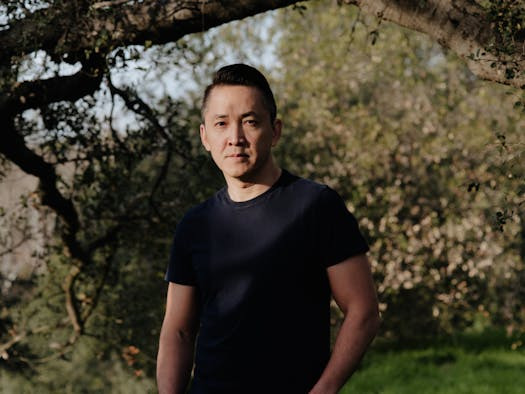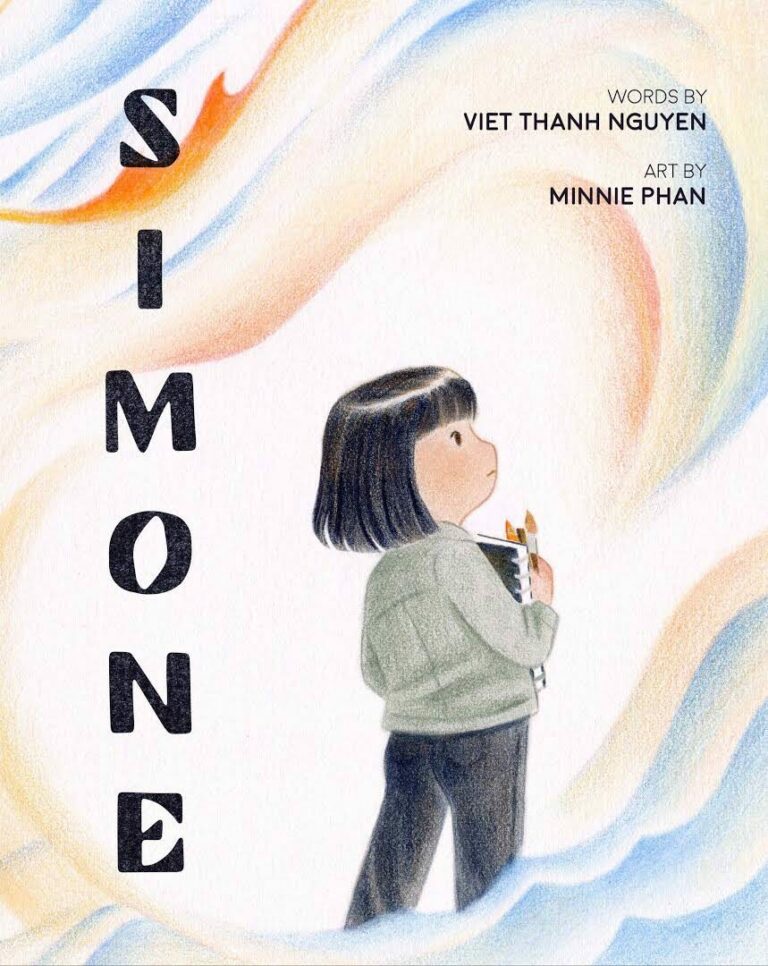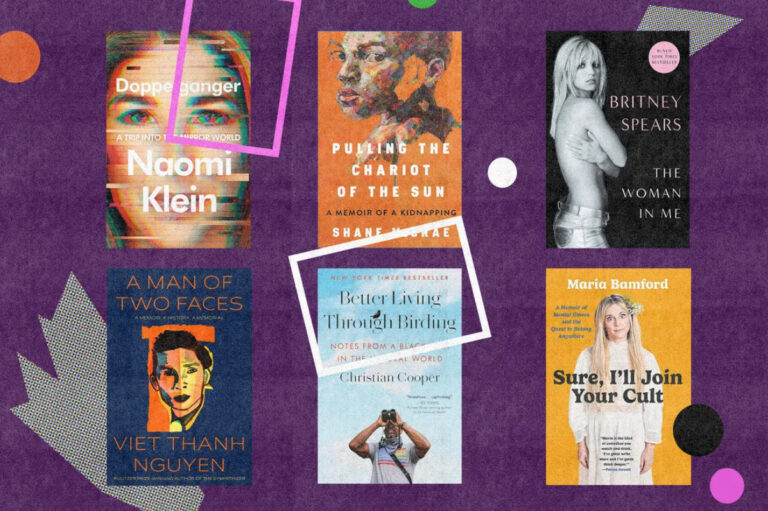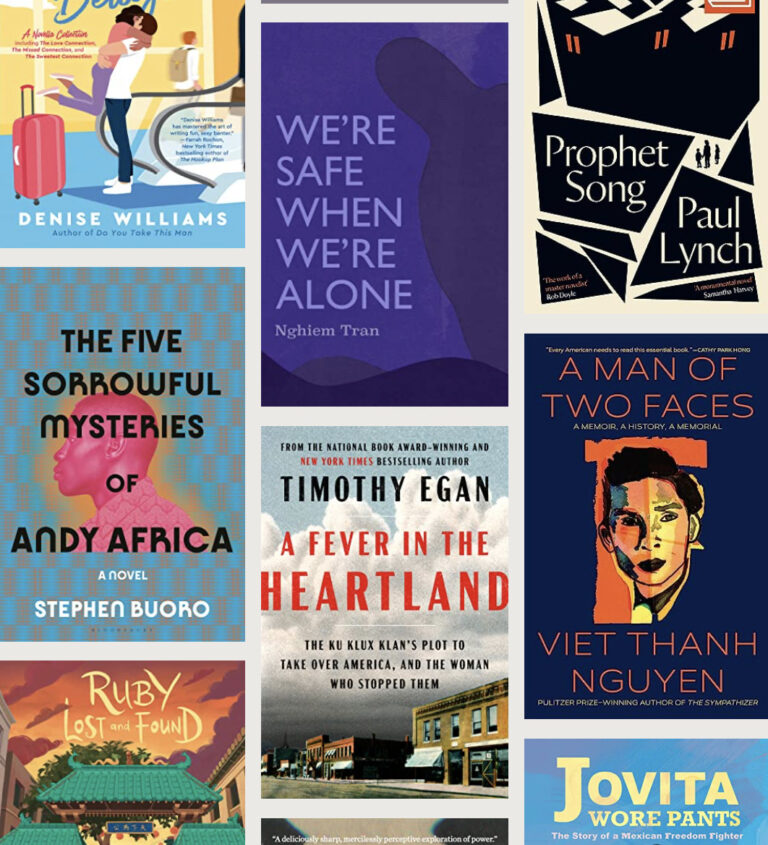The author tells his story in “A Man of Two Faces” — see him at a Talking Volumes event next week for StarTribune

Viet Thanh Nguyen never set out to write a memoir. The medium requires not only telling one’s own story, but the stories of others who may not want them shared, like his own family.
Nguyen, an author and professor, said he felt that his own life wasn’t all that interesting. Not until he stood before one of the many audiences he’s spoken to since winning the Pulitzer Prize for his 2015 novel “The Sympathizer” did he realize the importance of his family’s story. He was overcome with emotion, he said.
“I couldn’t continue. That was my first clue that there actually was a story to be told autobiographically involving me, my parents, but also all the circumstances that turned them and me into refugees and deposited us in San Jose,” he said ahead of his Oct. 24 Talking Volumes appearance in St. Paul.
The stories of Vietnam — its pain, politics and racial tensions — intertwine with Nguyen’s story. He pairs stories of his family’s escape when he was a small child and his parents’ quickly opening a grocery store once they resettled in California with essays on violence against Asian American women or the myth of the model minority complex. It’s all weaved into the fabric of what Nguyen calls “AMERICA” TM and the fabric of the genre-bending memoir “A Man of Two Faces,” which was published Oct. 3.
“In order to write a memoir, I had to go where it hurts, which most people don’t want to do,” he said in a recent phone interview from his home in Pasadena, Calif. “But I don’t know if there’s any reason to write a memoir if you don’t have an experience that you are so frightened of that you don’t want to tell it.”
Nguyen’s debut novel followed “a man of two minds,” an unnamed spy who escapes Vietnam during the fall of Saigon and remains embedded with South Vietnamese soldiers when they find exile in the United States. Portraying a half-Vietnamese, half-French mole in the U.S., the book, which has sold more than a million copies, explored ideas of identity and asked readers to look back on the Vietnam War and its legacy in media.
He continued the spy’s story with a sequel, “The Committed,” and has written a collection of short stories, a children’s book written with his son and nonfiction books, many of which also explore themes of race and identity.
His complicated feelings about memoir aside, Nguyen wanted to do more than compile his nonfiction essays into a book. “I had to tell some kind of a story,” he said.
Still, Nguyen was not interested in creating an illusion of a seamless narrative of his childhood — since his own memory is fragmented and fuzzy. Some memories have completely disappeared. To pretend otherwise would be to construct a work of fiction, he said.
The act of seeking out those memories, or “re membering,” is an active process that weighs heavily on the book. As a child, Nguyen loved to watch movies. The depictions of the Vietnam War he watched were not only violent, but actively sought to destroy Vietnamese people “at the level of memory.”
“I felt myself being disremembered psychically by the way that Vietnamese people were being portrayed,” he said.
To “disremember” as defined by Nguyen is a violence that invokes Toni Morrison’s idea of “re-memory” in “Beloved,” where one is both overwhelmed by the past and forced to seek it out. It’s easier not to remember slavery, like in “Beloved,” or the legacy of the Vietnam War, he said.
“I had to put myself back together through memory, because there are so many ways in which as a person of color, as a Vietnamese person, I feel that in the context of the United States and in France or other colonizing countries, we have been disremembered,” Nguyen said.
Nguyen had a little fun, too. Words leap across the pages, paragraphs in conversation with one another and with the reader. He plays with different narrative forms, including poetry and photography, inspired by his son’s willingness to try things without fear.
He pokes fun at his literary career, including pages of humorous one-star book reviews on Goodreads, a social media platform for readers. “Part of the way that we survive tragedy is through being able to laugh and tell jokes,” he said.
In the memoir, Nguyen calls out realities in the publishing world, too, after ascending to coveted literary heights. He asks why the industry only wants certain refugee stories — preferably the tragic ones — and why it deems books like his to be successful and of note, but never a voice of a generation.
“It’s actually not something I aspire to, but it is noticeable. The great American novel is usually reserved for great white men. I’m proud to say that I think I wrote the not-so-great American novel,” he said.
The last third of the book becomes both heavier and more urgent. In 2018, Nguyen’s mother passed away. Her loss created a major shift in his life as a writer, son and father. It is her memory that Nguyen invokes in the second part of the book’s title, “a memorial.”
Writing about her while she was alive — in a language she had difficulty reading — felt like a betrayal, Nguyen wrote. It is unlikely she would’ve thought of her own life and her struggle with mental illness as remarkable. But a refugee story like many others is still astonishing and worth sharing.
“That was certainly the case for me both as a moment of being free to write about my mother, but also as a moment of feeling like I had to write about my mother,” he said. “Writing this book was my best way of grieving my mother, but also of honoring her, as well. A complex kind of honoring.”
A Man of Two Faces
By: Viet Thanh Nguyen.
Publisher: Grove Press.
Event: Talking Volumes on Oct. 24 at 7 p.m. at the Fitzgerald Theater in St. Paul.
Tickets: $32.50, first-avenue.com.
An excerpt from Viet Thanh Nguyen’s new memoir
When does memory begin?
What memory is it that I seek?
And where, on the thin border between
history and memory, can I remember myself?
Memory begins with Ba Má, their images like photographs, their story like a movie, the kind found in the black box of a VHS tape, in an era when I have long ago gotten rid of my VCR.
All our parents should have movies made of their lives. Or at least my parents should. Their epic journey deserves star treatment, even if only in an independent, low-budget film. Beautiful Joan Chen in her prime would play my mother; the young heartthrob Russell Wong, my father.
So what if neither actor is Vietnamese?
We’re all Asians here.
Joan Chen did play a Vietnamese mother in the big-budget Heaven and Earth, Oliver Stone’s biopic about Le Ly Hayslip, a Vietnamese peasant girl caught in the whirlwind of a terrible war. Sexy Russell, with his chiseled cheeks and pouty lips, could have been a movie star if Hollywood ever cast Asian American men as romantic leads. His slicked-back hair reminds me of my father’s in a black-and-white head-shot from the 1950s, his hair agleam. I, whose unending obsession with the styling and maintenance of my hair begins at sixteen, should have asked Ba, when he could still remember, what hair product he used. I could try to fix my own hair in that same fashion, the way I tried on my mother’s gray sweatshirt after she died and discovered that I could fit inside its void.
In this movie flickering in my mind’s musty theater, the songs are composed by the legend Trịnh Công Sơn and sung by his equally legendary muse with the smoky voice, Khánh Ly. Their collaborations constitute the soundtrack of nostalgia and loss for Vietnamese exiles and refugees, played on cassette tapes at forty-five minutes a side, filtered through a haze of cigarette smoke and accompanied by Hennessy VSOP cognac. Wong Kar-wai directs in his typically moody, seductive way. The lighting? Dim. The mood? Romantic. The color scheme? Faded Polaroid.
And the actor who plays me? A cute little boy with big black eyes.
From the book “A Man of Two Faces” by Viet Thanh Nguyen. Published on Oct. 3, 2023, by Grove Atlantic.


